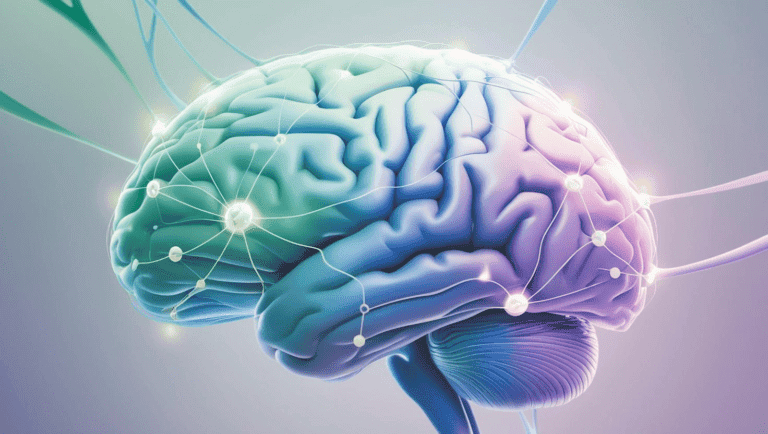Introduction
The diagnoses of autism spectrum disorder (ASD) and attention-deficit/hyperactivity disorder (ADHD) reveal striking disparities between BIPOC children and their white peers. This blog explores the reasons behind these disparities and advocates for more equitable testing practices.
Racial and Gender Biases in Testing
Black boys are disproportionately diagnosed with behavioral disorders rather than autism or ADHD, even when presenting similar symptoms to white boys. Meanwhile, Black girls and Latina girls are often entirely overlooked due to intersecting racial and gender biases.
A 2023 study by Taylor et al. found that:
- Black girls are 30% less likely to be evaluated for ADHD compared to their white counterparts.
- This leads to delayed diagnoses and unmet needs, which can impact academic performance and mental health (Taylor et al., 2023).
Systemic Barriers
Several systemic factors contribute to these disparities:
🔹 Implicit Bias: Therapists’ unconscious biases often influence their interpretations of behaviors.
🔹 Linguistic Barriers: Non-English-speaking families face additional hurdles in accessing accurate assessments.
🔹 Resource Disparities: BIPOC families are less likely to access specialized care due to socioeconomic inequities.
The Importance of Representation
Having BIPOC therapists and gender-diverse professionals in the field can help mitigate these disparities.
✅ Culturally Competent Testing: Representation ensures that testing processes are sensitive to cultural and gendered experiences, leading to fairer outcomes.
✅ Reducing Misinterpretation: For example, a Black therapist may recognize cultural expressions that a white therapist might misinterpret as behavioral issues (Wilson et al., 2023).
Conclusion
Addressing disparities in autism and ADHD testing requires systemic change, including:
- Increased representation in psychology and diagnostic fields.
- Development of culturally sensitive assessment tools.
By prioritizing equity in mental health testing, we can create a diagnostic process that serves all children fairly and effectively.
References
Taylor, C., Brown, J., & Wilson, K. (2023). Autism and ADHD Diagnoses Across Racial and Gender Lines. Neurodevelopmental Disorders Journal.
Wilson, M., & Johnson, T. (2023). Cultural Competence in Therapy Testing. Clinical Psychology Review.

